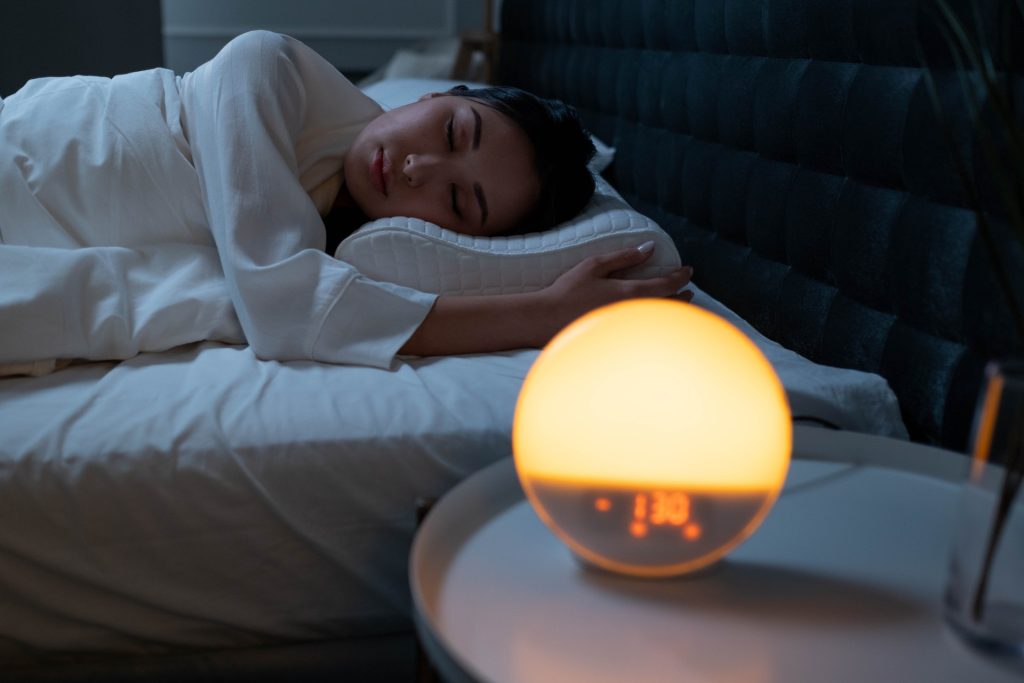
A heart attack can trigger a desire to get more sleep, allowing the heart to heal and reduce inflammation as a result of the heart’s special signals to the brain, according to a new Mount Sinai study. This is the first study showing how the heart and brain communicate via the immune system to promote sleep and recovery after a major cardiovascular event.
The novel findings, published in Nature, highlight the importance of increased sleep after a heart attack, and suggest that sufficient sleep should be a focus of post-heart-attack clinical management and care, including in intensive care, where sleep is frequently disrupted, along with cardiac rehabilitation.
“This study is the first to demonstrate that the heart regulates sleep during cardiovascular injury by using the immune system to signal to the brain. Our data show that after a myocardial infarction (heart attack) the brain undergoes profound changes that augment sleep, and that in the weeks following a myocardial infarction, sleep abundance and drive is increased,” says senior author Cameron McAlpine, PhD, Assistant Professor of Medicine (Cardiology), and Neuroscience, at the Icahn School of Medicine at Mount Sinai. “We found that neuro-inflammation and the recruitment of immune cells called monocytes to the brain after a myocardial infarction is a beneficial and adaptive response that increases sleep to enable heart healing and the reduction of damaging cardiac inflammation.”
The researchers from the Cardiovascular Research Institute at Icahn Mount Sinai first used mouse models to discover this phenomenon. They induced heart attacks in half of the mice and performed high-resolution imaging and cell analysis, and used implantable wireless electroencephalogram devices to record electrical signals from their brains and analyse sleep patterns. After the heart attack, they found a three-fold increase in slow-wave sleep, a deep stage of sleep characterized by slow brain waves and reduced muscle activity. This increase in sleep occurred quickly after the heart attack and lasted one week.
When the researchers studied the brains of the mice with heart attacks, they found that immune cells called monocytes were recruited from the blood to the brain and used a protein called tumour necrosis factor (TNF) to activate neurons in an area of the brain called the thalamus, which caused the increase in sleep. This happened within hours after the cardiac event, and none of this occurred in the mice that did not have heart attacks.
The researchers then used sophisticated approaches to manipulate neuron TNF signaling in the thalamus and uncovered that the sleeping brain uses the nervous system to send signals back to the heart to reduce heart stress, promote healing, and decrease heart inflammation after a heart attack. To further identify the function of increased sleep after a heart attack, the researchers also interrupted the sleep of some of the mice. The mice with sleep disruption after a heart attack had an increase in heart sympathetic stress responses and inflammation, leading to slower recovery and healing when compared to mice with undisrupted sleep.
The research team also performed several human studies. The first studied the brains of patients 1–2 days after a heart attack and found an increase in monocytes compared to people without a heart attack or other CVD, mirroring the mice findings. The next analysed the sleep of more than 80 heart attack patients during the four weeks post-event and followed them for two years. The patients were divided into good sleepers and poor sleepers based on the quality of their sleep during the four weeks post-heart attack. The poor sleepers had a worse prognosis; their risk of having another cardiovascular event was twice as high as good sleepers. Additionally, the good sleepers had a significant improvement in heart function while poor sleepers had no or little improvement.
In another human study, the researchers analysed the impact of five weeks of restricted sleep in 20 healthy adults. Sleep was monitored using electronic devices and the participants kept a sleep diary. During the five-week study period, half the participants slept for the recommended seven to eight hours a night uninterrupted, while the other half restricted their sleep by 1.5 hours each night – either delaying bedtime or waking up early. After the study period, researchers analysed blood monocytes and found similar sympathetic stress signaling and inflammatory responses in the sleep-restricted group as those that were identified in mice.
Source: The Mount Sinai Hospital / Mount Sinai School of Medicine

